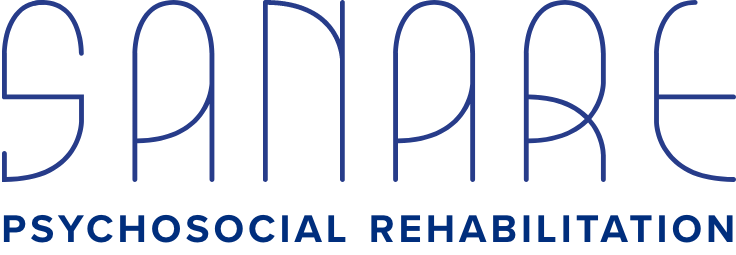Generalized Anxiety Disorder
What is it:
Generalized anxiety disorder is characterized by symptoms of excessive worry lasting longer than six months. To meet the criteria for a diagnosis of Generalized Anxiety Disorder (GAD) the person living with it must find it hard to control the worrying. Additionally, the person must have at least three or more of the following symptoms:
Restlessness or feeling on edge
Being easily fatigued
Difficulty concentrating or mind going blank
Irritability
Muscle Tension
Sleep Disturbance
The symptoms must also cause significant distress and it is crucial to assess and rule out other mental health conditions or potential substance use, abuse, or dependence that could cause the same or overlapping symptoms.
Generalized Anxiety Disorder is estimated to affect about 6.8 million adults in the US, which is about 3% of the population. Women are twice as likely to be affected by Generalized Anxiety Disorder.
How we treat it:
Talk therapy is considered (often alongside medication) one of the most effective treatments for Generalized Anxiety Disorder. Specifically, the research demonstrates that Cognitive Behavioral Therapy (CBT) and Acceptance Commitment Therapy (ACT) are both indicated as effective treatments for (GAD).
CBT is grounded in the concept of 'guided discovery', where the therapist and client work together to gain insight into the client's core beliefs, assumptions, and negative thoughts (Padewsky, 1993). CBT work can help a client expand their thinking and views towards a future of increased wellness and adaptivity.
ACT interventions assist clients to increase psychological flexibility and develop acceptance around living and working with symptoms to improve the quality-of-life day to day. ACT therapy emphasizes mindfulness aiding clients to move forward in the present moment accepting symptoms and negative thoughts without judgment.
How PSR can help:
Therapists utilizing Psychosocial Rehabilitation to do therapeutic work in the community with clients, such as we do at Sanare, can utilize CBT and ACT with clients in the home or in any community setting that might trigger anxiety. PSR provides a unique opportunity for clients to practice utilizing their new skills while activated in real time in real life. Clients who have learned CBT and ACT skills in other settings, such as outpatient individual therapy or in treatment, have our staff's support to gain confidence and measure growth.
